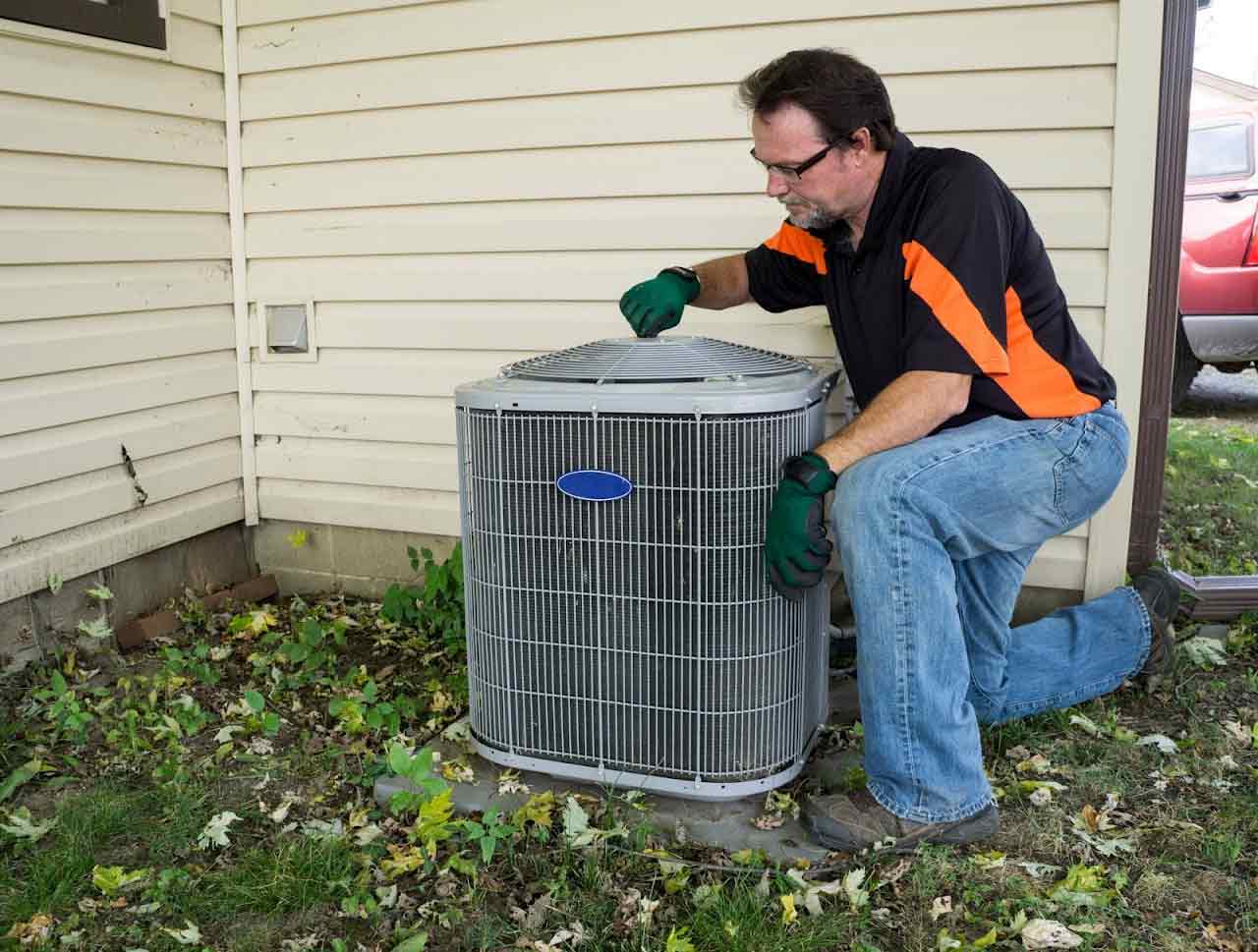As summer approaches and temperatures begin to soar, there’s an undeniable dependence on air conditioning units to maintain a comfortable indoor environment. While many of us rely heavily on these machines to provide much-needed relief, it can be quite disconcerting when they start making unusual noises. One particularly puzzling sound that may emanate from your AC unit is a high-pitched hum. Understanding what this sound indicates can be an essential part of home maintenance.
Each air conditioning unit is a complex amalgamation of components, meticulously designed to provide efficient cooling. However, this intricate machinery can sometimes communicate through various sounds. A high-pitched hum can be indicative of several issues, ranging from minor inconveniences to significant mechanical failures that require immediate attention. This article delves into the various facets of high-pitched humming, its potential origins, and what every diligent homeowner should know about this vexing issue.
1. The Anatomy of Air Conditioning Noises
To delve deeper into the high-pitched hum, it is crucial first to understand the types of sounds an air conditioning unit may produce. Generally, sounds can be categorized as normal operational noises or abnormal sounds that may signal a problem. Typical sounds include a gentle whoosh of air, a low hum of the compressor, and intermittent clicks as the thermostat communicates with the unit. In contrast, abnormal sounds often include rattling, buzzing, and, indeed, high-pitched noises.
2. Unpacking the High-Pitched Hum
The high-pitched hum, while not as jarring as other unpleasant noises, deserves significant attention. Here are several potential causes:
- Electrical Issues: A high-frequency hum can sometimes be traced to electrical problems within the unit itself. This might involve malfunctioning wiring, a failing capacitor, or other electrical components struggling to perform optimally.
- Fan Malfunction: The condenser fan motor, responsible for dispersing heat, can develop issues that lead to a high-pitched sound. This could be due to impairment in the bearings or a need for lubrication. If left unattended, this issue may escalate, resulting in complete fan failure.
- Refrigerant Leaks: While typically noticeable through other sounds or inefficiencies in cooling, a refrigerant leak can sometimes manifest as a high-pitched hum. When the system struggles to pressurize due to refrigerant loss, it may produce strange noises, including hissing and high-pitched sounds.
- Vibrations: All mechanical systems experience some degree of vibration. If mounting brackets or other supports become loose, it can lead to changes in sound. Sometimes, these vibrations can resonate through the unit, creating a sustained high-pitched hum.
3. When to Act
While a high-pitched hum could indicate an innocuous issue, ignoring it can lead to exacerbated problems. Homeowners must be vigilant. If the noise persists or if additional strange sounds accompany it, it is prudent to seek professional help. Trust your instincts; if something seems amiss with your air conditioning unit, it’s wiser to err on the side of caution.
Moreover, it’s crucial to not only focus on the sound itself but also on any accompanying symptoms. For instance, if the humming sound coincides with diminished cooling performance, it’s a clear cue that something is wrong. Other red flags include increased energy bills, unpleasant odors, or the unit frequently cycling on and off.
4. DIY Troubleshooting Tips
While some issues may necessitate a professional touch, a bit of DIY troubleshooting can go a long way. Here are a few steps to consider:
- Check the Filters: A clogged or dirty air filter can hinder airflow, causing the system to work harder and generate unusual sounds. Regular maintenance involves changing or cleaning filters every few months.
- Inspect the Condenser Unit: Ensure that the outdoor unit is free of debris like leaves or grass clippings that can obstruct airflow and create potential noise issues.
- Tighten Loose Components: Loose screws and panels can vibrate during operation. A quick inspection and tightening may resolve some of the humming issue.
5. The Benefits of Regular Maintenance
Beyond troubleshooting immediate concerns, regular maintenance is critical for the longevity and efficiency of your air conditioning unit. Scheduled tune-ups ensure that all components function efficiently, reducing the likelihood of unexpected noises and costly repairs.
During these maintenance sessions, professionals often check wiring, lubricate moving parts, and clean essential components. This proactive approach not only minimizes the chances of hearing that ominous high-pitched hum but also keeps your cooling system running smoothly.
6. Conclusion
A high-pitched hum from your AC unit can be a source of confusion and frustration. However, understanding its potential origins can empower homeowners to determine when it’s time to take action. Remember, the key is to remain vigilant and proactive. Regular maintenance, timely professional assistance, and a keen ear for unusual sounds can collectively ensure that your air conditioning unit serves you well through every season. So, the next time you hear that high-pitched hum, don’t ignore it—decipher it, and safeguard your comfort at home.
